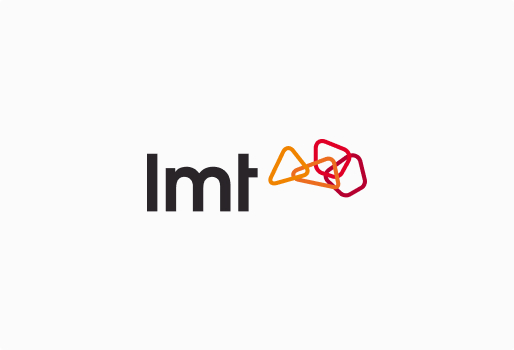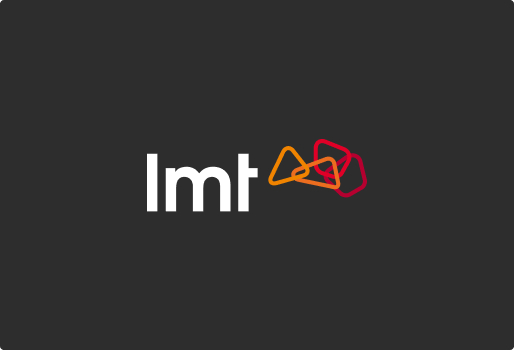Largest Hospitals in Cooperation with LMT Digitalise for Effective Fight against Covid-19
As part of the initiative “Veselai Latvijai” (for Healthy Latvia), LMT has provided more than 1,000 devices, connections and solutions for working remotely to Latvia's largest hospitals and the State Emergency Medical Service (NMPD). Expanding the range of information and communication technologies available in hospitals allows to provide high-quality medical services to the inhabitants both on-site and remotely, and facilitates the work of doctors in emergency situations.
With the rapid spread of the Covid-19 virus infection in the world and in Latvia, the daily life and working conditions of doctors have changed dramatically. The Latvian medical system is being adjusted to work in pandemic conditions, as far as possible advising the planned patients remotely to protect physicians from physical contact and infection and to mobilize all possible resources to reduce the spread of Covid-19.
Therefore, the three largest hospitals in Latvia – Riga East Clinical University Hospital, Pauls Stradiņš Clinical University Hospital, Children's Clinical University Hospital – are digitizing their operations through large-scale technology implementation. In turn, the means of communication provided to the NMPD will be used for more operative exchange of information in the management of emergency cases and medical work. To ensure remote consulting and rapid response, LMT provides these institutions with both telecommunications services and various devices, including laptops, tablets, smartphones, IP telephones in the hospital wards, WEB cameras for desktop computers, video surveillance and door automation solutions, MiFi equipment and routers for remote work – in total more than 1000 devices, connections and solutions.
“At a time when technologies more than ever provide not only the opportunities for communication and information flow, but also ensure a normal daily rhythm, LMT is ready to offer digitalization solutions in any field. Smart technology solutions are an important part of the daily lives of doctors, but in a pandemic situation they perform another important function – they prevent doctors from getting sick, allowing them to communicate with each other and with patients remotely. We have supported Latvia's largest medical institutions before, but now from the position of Latvia's information and communication technology leader we see that this is an opportunity to minimize the risks to the entire Latvian medical system that must be used to its full extent,” emphasizes Juris Binde, LMT President.
Medical professionals also acknowledge that technology makes their daily lives much easier, but often the digital skills of doctors exceed the possibilities available. Support for technological solutions to the crisis of the 21st century is therefore particularly important.
“With the outbreak of the Covid-19 virus, the daily work of doctors has changed significantly. The biggest challenge is the unexplored nature of the virus. Therefore, it is crucial to monitor the progress of patients' illness and health status. Now with the equipment installed by LMT, we will be able to easily monitor the patient's health status in 24/7 mode, saving also the personal protective equipment needed for treatment and patient care,” says Imants Paeglītis, Chairman of the Board of Riga East Clinical University Hospital.
Rinalds Muciņš, Chairman of the Board of Pauls Stradiņš Clinical University Hospital, also shares his opinion: “Modern technological solutions make it possible to ensure a specialist consultation to the patient without being present, but remotely. This is especially important during this period, when care must be taken to minimize the risk of infection for patients and medical staff. It is quite possible that the experience gained in this emergency could help us to work more effectively in the future – in the post-crisis period, when remote consultation would be an alternative to direct contact with the patient in situations where the patient's treatment process allows it.”
The presence of technology is also indispensable in the work of NMPD, where rapid response and concerted action can save lives. “Timely communication is very important, because the situation is extremely changing today. There are so many tasks that need to be organized and accomplished to ensure all the help patients need in a pandemic. These are complex processes, and the persons in charge may be obliged to take coordinated, important decisions at any time, regardless of their location. The remote communication of our doctors and the application of technology in saving the lives of seriously ill Covid-19 patients will also play a bigger role,” admits Liene Cipule, Director of NMPD.
Paediatricians, on the other hand, admit with a smile that, thanks to the provision of technology and the possibility of remote consultations, they see many happier young patients who are not afraid to be at a safe distance from the doctor.
“In paediatrics, conversations with the patient and his/her parents are of the utmost importance, but technological possibilities, such as videocall, also help to assess what the doctor is saying visually. As a positive side effect, I definitely want to highlight the time saving, because the hospital is large, operative meetings and consultations take place in different rooms, and the doctor does not always have the opportunity to ensure his/her physical presence,” says Renāte Snipe, chief physician of the Children's Clinical University Hospital. She adds that the support by companies such as LMT, which provide hospitals with hundreds of smart devices for teleworking, is not only a real necessity, but also encourages to consider at least partially waiving of face-to-face visits in the future, saving for the patients time and money that are spent on their way to the doctor, and reducing the time spent in waiting rooms.
Video from the press conference is available HERE.
Share the link

